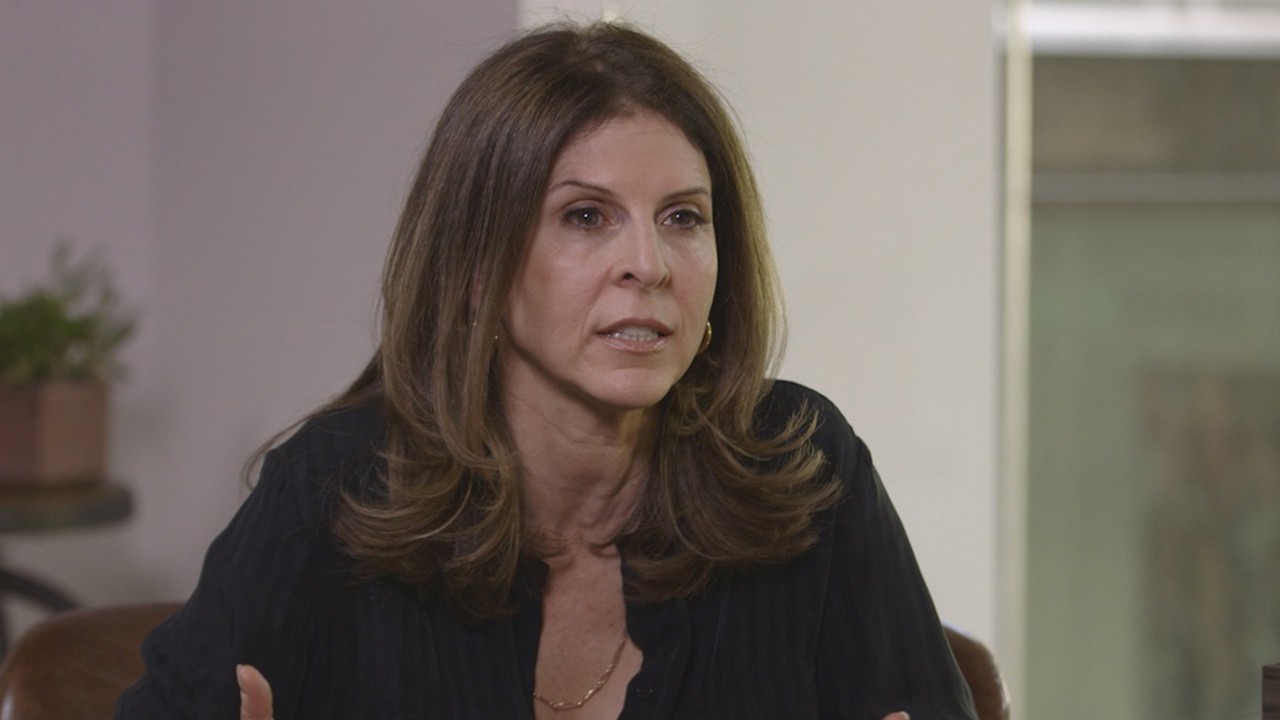Photo by Jovo Jovanovic via Stocksy
The identities of British rape survivors have been illegally posted hundreds of times on Twitter, an investigation by the Times reveals. In some cases, the names of complainants in rape and sexual offence cases were left online for up to five years.Under British law, those who come forward to report rape or sexual assault are guaranteed lifelong anonymity. To violate this anonymity by naming them online is a criminal offence. In 2012, nine people were fined £624 ($888) each for revealing the identity of the woman at the center of the Ched Evans rape trial. (The Welsh footballer was found not guilty in a retrial.)Despite this, the Times found 250 posts on Twitter that named complainants in such cases. The social platform removed 216 tweets after being alerted to their existence by the newspaper, but they were reposted by other accounts even after the original tweet was taken down. As of yesterday, nearly 200 Twitter posts naming victims remained.Campaigners argue that Twitter should be doing more to pro-actively identify posts naming sexual offenses complainants, and take down the posts swiftly. At present, Twitter uses artificial intelligence technology to remove the vast majority of terrorism-related accounts.
Watch: Amy Ziering On Campus Rape and Why No One Believes Women A Twitter spokesperson told the Times that it would be able to enforce a UK-wide ban on naming rape complainants if required by the British authorities. Twitter did not request to Broadly's response for comment.But what are the practical consequences of a rape victim being named publicly? “It’s a triple trauma,” Rape Crisis England and Wales spokesperson Katie Russell tells Broadly. “Victims have to change identity and move home, multiple times. They have to leave their friends and communities.”Russell emphasizes that most victims never report to police because of the fear of being re-traumatized by the criminal justice system. “If someone is forced through fear for their own physical safety to move away from their homes and support networks, it’s horrendously disruptive. It can leave some victims and survivors wishing they’d never pursued criminal justice.”
A Twitter spokesperson told the Times that it would be able to enforce a UK-wide ban on naming rape complainants if required by the British authorities. Twitter did not request to Broadly's response for comment.But what are the practical consequences of a rape victim being named publicly? “It’s a triple trauma,” Rape Crisis England and Wales spokesperson Katie Russell tells Broadly. “Victims have to change identity and move home, multiple times. They have to leave their friends and communities.”Russell emphasizes that most victims never report to police because of the fear of being re-traumatized by the criminal justice system. “If someone is forced through fear for their own physical safety to move away from their homes and support networks, it’s horrendously disruptive. It can leave some victims and survivors wishing they’d never pursued criminal justice.”
Advertisement
Watch: Amy Ziering On Campus Rape and Why No One Believes Women

Some within the sexual violence believe that Twitter’s apathy towards removing these posts indicates a broader culture of misogyny and neglect. “Twitter was recently identified in research as the social media platform where the most abuse of women who speak out publicly about feminist issues takes place,” says Professor Nicole Westmarland, the director of the Durham Centre for Research into Violence and Abuse. She adds that many of the offending tweets are doubly criminal because they not only name a victim but are often abusive or even incite violence against the individual.Once posts naming complainants are flagged to Twitter, Westmarland believes that the social network should remove the posts as swiftly as they would take down other illegal material, such as content that promotes terrorism.“There can be no excuses not to remove criminal content online and monitor this once they’re aware of it,” she says. “To not do so is to choose which crimes to take seriously, and which to sweep under the carpet.”
